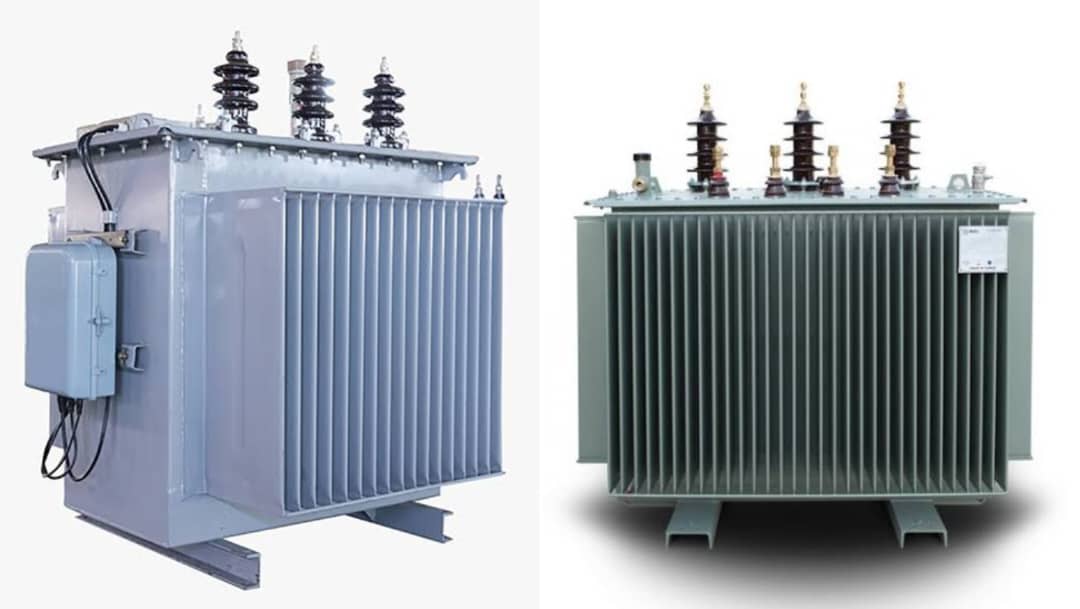The Nigerian Electricity Regulatory Commission (NERC) has reaffirmed that the responsibility for replacing or repairing faulty electricity transformers lies solely with power distribution companies (DisCos) and not with customers.
Mrs. Aisha Mamoud, the NERC Commissioner for Consumer Affairs, emphasized this point during a three-day problem-solving session between customers in Cross River and the Port Harcourt Electricity Distribution Company (PHEDC), held from August 8 to 10. The event, titled “Customer Complaints Resolution Meeting,” sought to address various consumer grievances.
Mamoud clarified that consumers’ payment of electricity bills covers the cost of services rendered and should not include additional charges for the replacement or repair of transformers or cables.
“The meeting was convened to address customer complaints related to metering, excessive billing, and transformer vandalism,” Mamoud explained. She noted that the session also aimed to educate consumers about the electricity industry and their rights.
“As a regulatory body, our duty is to ensure that all consumers in Nigeria have access to electricity, regardless of their location. It is their fundamental right,” Mamoud added. “We are here to resolve all your complaints. This initiative has been successful in various parts of the country, and we assure you that your issues will be addressed on the spot.”
Mamoud also highlighted that it is the DisCos’ responsibility to provide meters to avoid estimated billing. She mentioned that the federal government has signed a Memorandum of Understanding with DisCos to facilitate the provision of meters.
Mrs. Olubukola Ilevbare, Head of Corporate Communication at PHED, acknowledged the company’s challenges in dealing with vandalism in the state, which has significantly affected transformers.
“Many transformer issues are due to vandalism,” Ilevbare noted. “In several instances, PHED has replaced transformers that were vandalized by criminals. While there are times we may not respond to customers as promptly as we should, we strive to address genuine complaints.”
Regarding meter provision, Ilevbare reiterated that it is the DisCos’ duty to supply meters. However, she added that if a customer chooses not to wait for the DisCo to provide a meter—which is done in phases—they can opt to pay for their own meter, which will be installed within 10 days.
She acknowledged that while some transformers are genuinely faulty, it remains the responsibility of PHED to repair or replace them. The company, she said, is committed to meeting customer needs.
In his remarks, House of Representatives member Joseph Bassey, who represents Bakassi, Calabar South, and Akpabuyo, expressed concern over issues such as vandalism and excessive billing. He called for fair billing practices in the state.
“Today’s meeting is a welcome development for the people of Cross River,” Bassey said. “Addressing electricity issues will help alleviate hardship and boost the economy. However, PHED has failed in several aspects, particularly in maintenance. I am also concerned about the practice of categorizing areas into different bands, as everyone has the right to electricity.”
